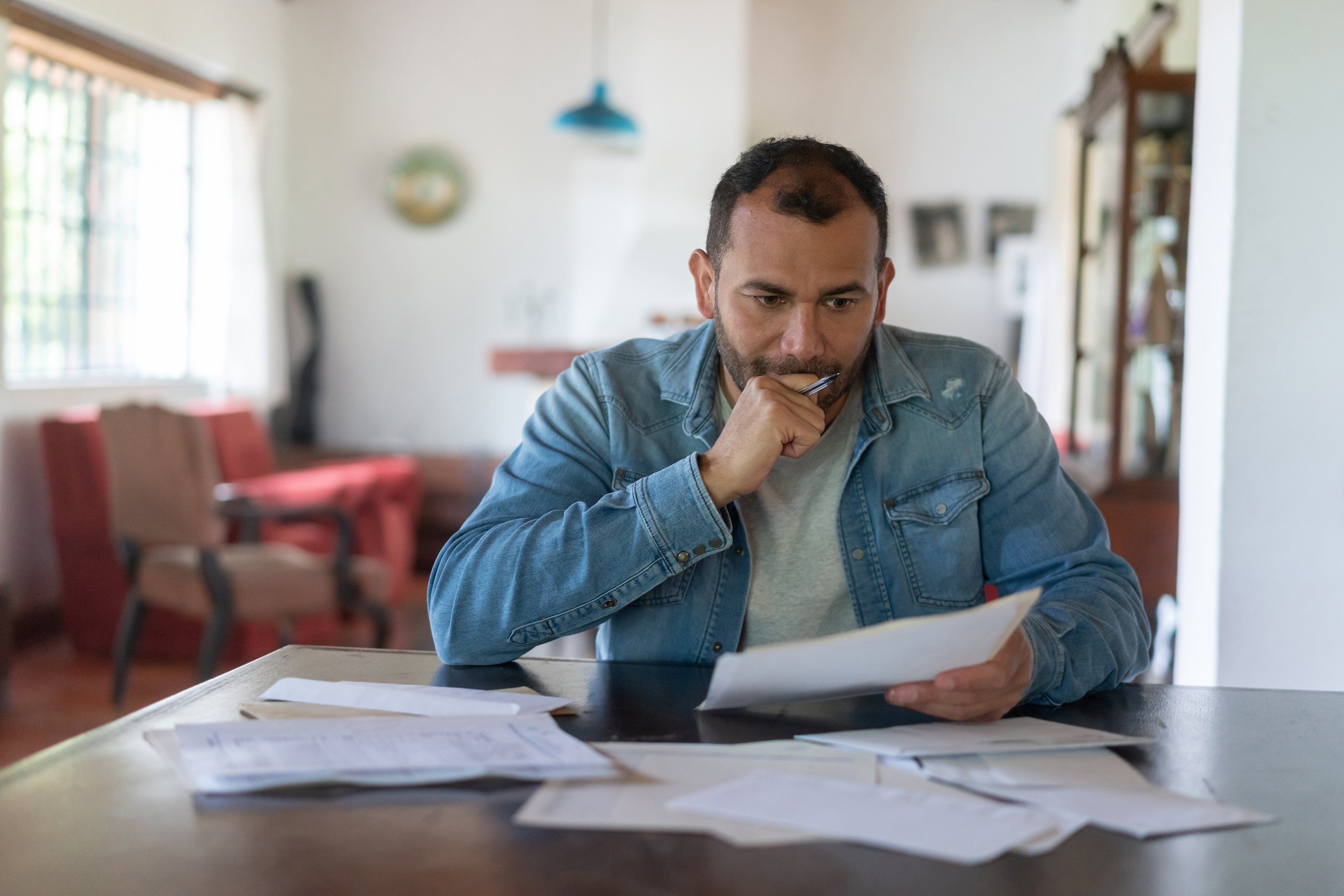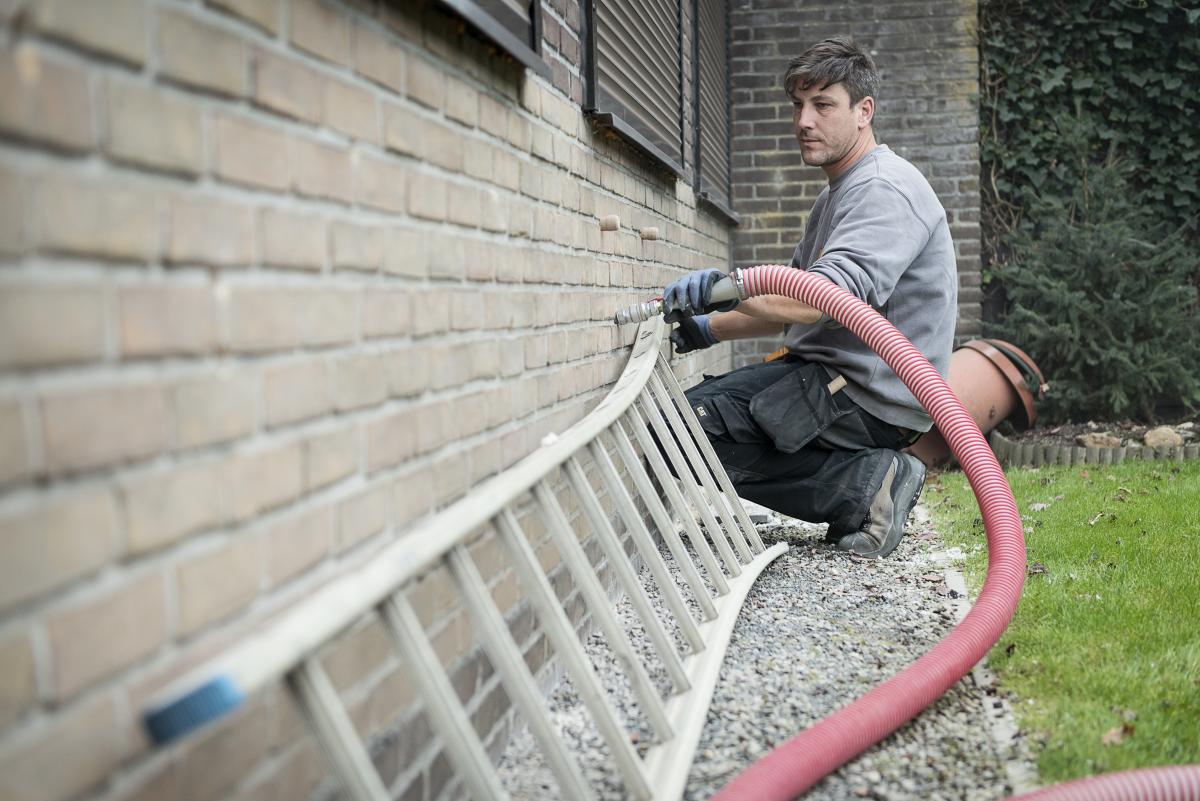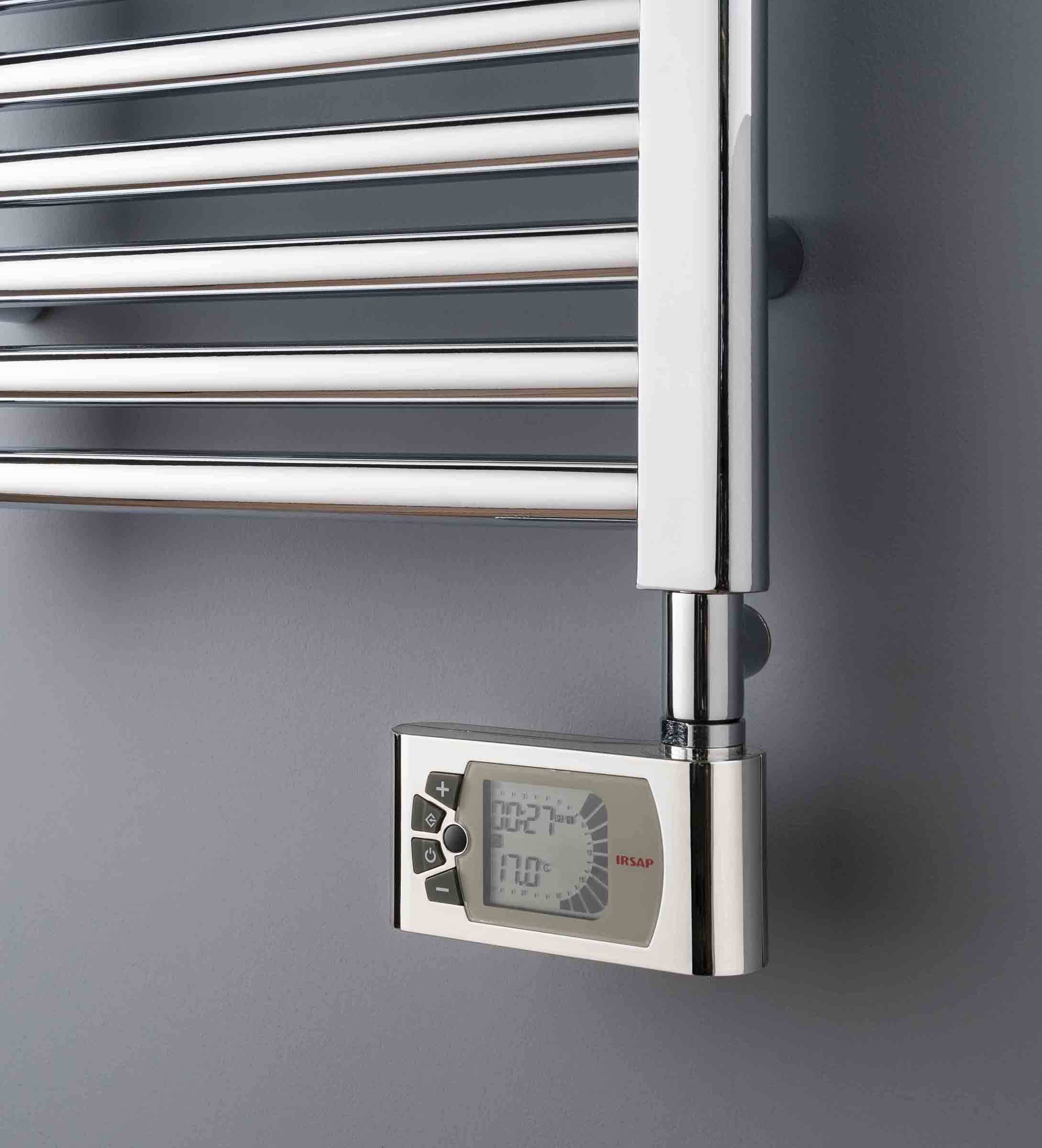Energy Company Obligation: How it Helps Vulnerable Households
The Energy Company Obligation (ECO) helps low-income homes improve their energy efficiency, but ministers are reviewing its future

Bring your dream home to life with expert advice, how to guides and design inspiration. Sign up for our newsletter and get two free tickets to a Homebuilding & Renovating Show near you.
You are now subscribed
Your newsletter sign-up was successful
The Energy Company Obligation, or ECO, is a UK scheme which can help certain households access funding to make energy-efficient home improvements.
The government scheme is designed to help people on low incomes and those in fuel poverty, who would otherwise be unable to afford improvements such as new insulation or repairing/replacing a boiler.
The scheme reportedly helps around 200,000 homes each year. However, the scheme's future is reportedly now under consideration by the Treasury, which could cut funding as a way to tackle energy price rises.
Providing you’re eligible for ECO funding, an energy supplier will arrange for an installer to come to your home and install the energy-efficiency measures which most benefit your house. These improvements can then help to lower homeowners’ long-term costs.
Here’s everything you need to know about the Energy Company Obligation, including how to find out whether you’re eligible and which improvements you may be able to make.
What is the Energy Company Obligation?
The Energy Company Obligation places a requirement on the biggest energy suppliers to install energy-saving measures in people’s homes.
Under the scheme, energy companies can determine which measures they offer to install, how much funding they provide and the installers that do the work.
Bring your dream home to life with expert advice, how to guides and design inspiration. Sign up for our newsletter and get two free tickets to a Homebuilding & Renovating Show near you.
It began in 2013, with the latest version of the scheme (ECO3) set to run until March 2022. By the time this version ends, the government hopes that energy-efficiency measures will have been installed in up to 900,000 eligible homes.
What Improvements Can You Make on The Scheme?
The most common improvements that can be made on the scheme are:
- Insulating a roof
- Cavity wall insulation
- Solid wall insulation
- Boiler replacement or repair
Each improvement has its own eligibility criteria, including which year your house was built and how many storeys it has.
Energy companies can also pay for homes to connect to district heating systems, and to have heating controls installed.

Who is Eligible for the ECO Scheme?
ECO is prioritised to low-income and vulnerable households. To benefit from the scheme, applicants must either own their house, or have the permission of their landlord. This includes social housing tenants.
You may be eligible for ECO if you receive the Warm Home Discount (which helps fuel-poor homes), or if you receive one of the following benefits:
- Armed Forces Independence Payment
- Attendance Allowance
- Carer's Allowance
- Child Benefit (if you also have a low household income)
- Constant Attendance Allowance
- Disability Living Allowance
- Pension Guarantee Credit
- Income-related Employment and Support Allowance (ESA)
- Income-based Jobseeker's Allowance (JSA)
- Income Support
- Industrial Injuries Disablement Benefit
- Mobility Supplement
- Personal Independence Payment
- Severe Disablement Allowance
- Tax Credits (Child Tax Credits and Working Tax Credits)
- Universal Credit
You may also be eligible for ECO funding if you live in social housing that has an Energy Performance Certificate (EPC) of E or lower.
How do I Apply For ECO Funding?
There are three key steps to follow to assess your eligibility for ECO funding.
If you live in Scotland you can contact Home Energy Scotland, or phone 0808 808 2282 to assess your eligibility
- To find out if you’re eligible, fill out this Simple Energy Advice questionnaire
- If you’re eligible, book a technical survey of your home with an energy supplier (it doesn’t have to be your own energy supplier). A surveyor will then come to your home to assess its energy efficiency and which improvements can be made
- Book the installation: the supplier will be able to do this for you following the completion of the technical survey. Depending on the results of the survey, you may be asked to pay some money towards the improvements.
Which Suppliers Are Part of the Scheme?
All gas and electricity supplies with over 150,000 customers must offer ECO funding, and as mentioned above, you don’t have to approach your current energy supplier to benefit. These suppliers include:
- British Gas
- Ecotricity
- EDF Energy
- Eon
- Octopus Energy (including Co-Op Energy)
- Outfox the Market
- Ovo Energy (including Boost and SSE)
- Scottish Power
- Shell Energy
- So Energy
- Utility Warehouse
As part of the ECO scheme rules, suppliers must deliver 15% of ECO improvements to homes in rural areas. However, even if you are eligible, an energy supplier is not obligated to install an energy efficiency measure in your home.
How Much Funding do Suppliers Provide?
It is up to the energy companies as to which energy-saving measures they want to install, and how much funding they provide. Priority households which are more vulnerable to cold and damp may be more likely to access higher levels of funding.
The energy companies also pick the installers that do the work. In some instances, customer contribution requirements may be agreed upon, or a funding limit may be imposed.

The Scheme's Future is Under Consideration
Earlier this month it was reported that the Treasury is considering scrapping the ECO scheme, which places a £1 billion levy on energy bills (at around 52p a week).
Amid soaring energy price rises, the Energy Price Cap is expected to rise by roughly £700 to £2,000 for the average household in April, and ministers are looking at ways to tackle the crisis.
However, the Department for Business, Energy, and Industrial Strategy (BEIS) is said to resist the move, which it believes would be a "retrograde" step that undermines efforts to reduce emissions from heating homes.
And the Insulation Assurance Authority has written to ministers urging them to keep ECO. Nigel Donohue, chief executive of the industry body, said: “ECO has been the backbone in supporting those hit hardest by fuel poverty. Cutting or just suspending ECO would be utterly self-defeating, lead to mass redundancies in the industry and harm the most vulnerable. ECO must be saved.”
What Happens After March 2022?
From March 2022, a new version of the ECO scheme (ECO4) is set to begin. A consultation into ECO4 closed in September 2021 which proposed ensuring greater support and deeper retrofitting for the least energy efficient homes, as well as requiring homes to meet new minimum energy efficiency requirements.
The scheme will continue to target low-income and vulnerable households as well as fuel poor households.
What Other Financial Assistance is Available?
Homeowners can currently benefit from energy efficiency schemes such as the Renewable Heat Incentive, which will be replaced with the Boiler Upgrade Scheme in 2022.
These schemes help homeowners afford the initial costs of installing low-carbon heating systems, and can make a significant difference to a home's long-term running costs.
How to Make Your Home More Energy Efficient
If you’re not eligible for help via ECO, there are some simple, inexpensive ways to help make your home greener, such as swapping to the best LED bulbs or using one of the best smart plugs.
You could also integrate heating controls to help manage your fuel efficiency and repair any radiators not working.
Jack has worked in journalism for over a decade and was the former News Editor of Homebuilding & Renovating between 2019 until 2023. In his time as News Editor he broke the most relevant and beneficial stories for self builders, extenders and renovators, including the latest news on the construction materials shortage, planning permission and green initiatives. In 2021 he appeared on BBC's The World at One to discuss the government's planning reforms.
He enjoys testing new tools and gadgets, and having bought his first home in 2013, he has renovated every room and recently finished a garden renovation.

